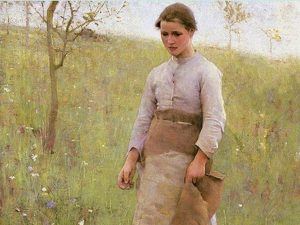Erica Wickerson in The Independent:
 When the news broke that Sir Philip Green was the businessman behind the court injunction preventing publication of his alleged sex offences and accusations of racism, the message that rich, powerful men are subject to a different standard from the rest of society was repeated once again. We heard this too when Brett Kavanaugh was sworn in as an associate justice of the Supreme Court, one of the highest judiciary positions in America. Trump’s main focus was on the character assassination of several women who had accused Kavanaugh of sexual assault. Trump branded the claims a “hoax” and a “disgrace” that had been “brought about by people that are evil”. Following Professor Christine Blasey Ford’s testimony about what she said she suffered at the hands of Kavanaugh, she was unable to return home amid repeated death threats.
When the news broke that Sir Philip Green was the businessman behind the court injunction preventing publication of his alleged sex offences and accusations of racism, the message that rich, powerful men are subject to a different standard from the rest of society was repeated once again. We heard this too when Brett Kavanaugh was sworn in as an associate justice of the Supreme Court, one of the highest judiciary positions in America. Trump’s main focus was on the character assassination of several women who had accused Kavanaugh of sexual assault. Trump branded the claims a “hoax” and a “disgrace” that had been “brought about by people that are evil”. Following Professor Christine Blasey Ford’s testimony about what she said she suffered at the hands of Kavanaugh, she was unable to return home amid repeated death threats.
These stories of victim blaming and silencing by powerful men are all too common. The #MeToo campaign in the wake of revelations about Harvey Weinstein has put this discussion centre stage. Yet the cases of Kavanaugh and Green underline who still holds the power. A recent article in The New York Times listed notable novels that deal with rape, most of them from the past few years, and popular culture has explored this more and more. For example, ITV’s Broadchurch began as a murder mystery series, then in the final season followed the investigation of a serial rapist. In the past couple of years, The Archers’ storyline about an abusive marriage was responsible for a significant increase in victims of domestic violence seeking help. Robert Galbraith’s (pseudonym of JK Rowling) detective series, the Strike mysteries, have as their heroine an empowered survivor of rape. Contemporary culture is reflecting a significant change in attitudes.
But literature has questioned assumptions of power and double standards for a long time, and has been a way of giving voice to those silenced by prejudice and fear. Two works in particular indicate the striking and worrying similarities in gendered power relations from the 19th century to the present day. Thomas Hardy’s exploration of the devastation caused by sexual assault (because, let’s face it, that’s what it is) in his 1891 novel Tess of the D’Urbervilles is as relevant as ever. The double standards and victim blaming Tess faces should be a thing of the past. But Louise Doughty’s Apple Tree Yard (serialised for the BBC last year) effectively modernises Tess’ story, placing the rape victim on trial once again.
More here.
